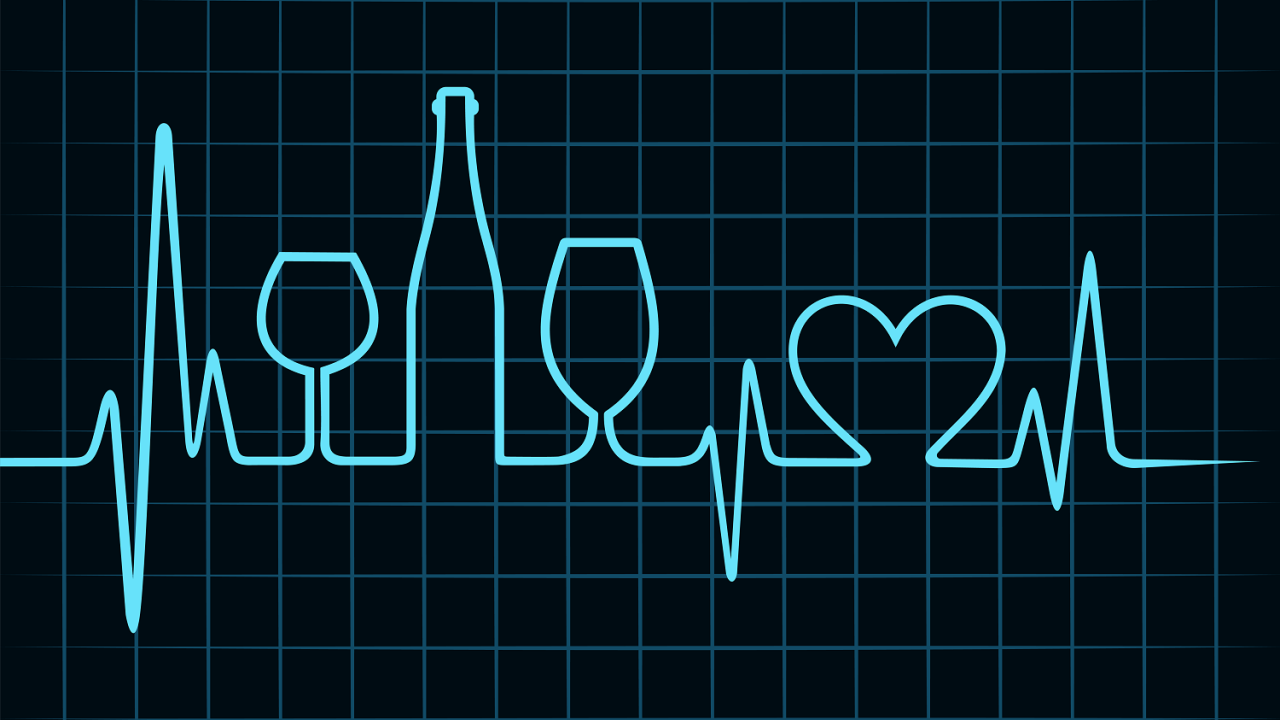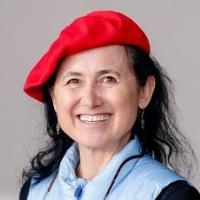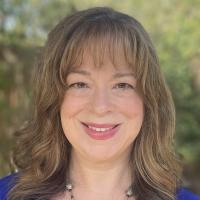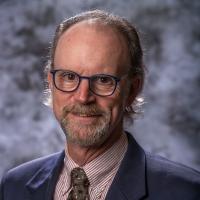
Event Date
On September 16, 2025, Savor brought together a winemaker and medical doctor, scientists, and a cultural historian to explore the emerging research and discuss longstanding ideas about what’s in your wine glass. Throughout its history, opinions on whether drinking wine is beneficial or detrimental to our health have been changeable and contentious. Today, viral health trends, powerful interest groups, and the wine industry all vie for influence--making it harder than ever to separate fact from fiction.
Speaker Biographies:

Dr. Laura Catena is a Harvard and Stanford-trained biologist and physician, author, fourth-generation vintner, and founder of the Catena Institute of Wine. Dr. Catena was a practicing Emergency Physician in California for 27 years while also working for her family winery, Catena Zapata and starting her own wine projects, Luca, La Posta and Domaine Nico, in Mendoza, Argentina. In 2023, Dr. Catena, a leader in sustainability, was named Old Vine Hero by the Old Vines Conference for her work in preserving Argentina’s ungrafted, massale, genetically diverse old vines. She recently led her family winery, Catena Zapata to be voted #1 World’s Best Vineyard 2023, and #1 Most Admired Wine Brand by Drinks International in 2025. Doctor Catena’s advocacy for wine in moderation as part of a healthy lifestyle is featured in her website www.indefenseofwine.com.

Lisa Jacobson, Ph.D., is a professor of history at UC Santa Barbara. She is a cultural historian of the late 19th and 20th-century United States with wide-ranging interests in the histories of consumer culture, food and alcoholic beverages, capitalism and the senses, and childhood, gender, and the family. Her research focuses on cultural reinvention. Her new book, Intoxicating Pleasures: The Reinvention of Wine, Beer, and Whiskey after Prohibition, asks a deceptively simple question: how did the alcoholic beverages, previously banned under Prohibition, shed their stigmatized pasts and become widely accepted as ordinary, respectable pleasures? Focusing on the Great Depression and World War II, the book shows how alcohol producers and their allies—a group that included scientists, trade associations, restaurateurs, home economists, cookbook authors, and New Deal planners—linked alcohol to wartime food crusades and new ideas about the importance of pleasure in modern American life.

Sean Adams, M.S, Ph.D., serves as the scientific director for the UC Davis Center for Alimentary and Metabolic Science (CAMS). The mission of CAMS is to conduct research that spans from the molecule to the bedside, expanding fundamental knowledge with relevance to improving health and thwarting disease. Dr. Adams is a research professor who collaborates closely with clinical colleagues in surgery and other departments to investigate the origins of metabolic diseases and identify factors that promote metabolic health. He has special expertise in nutrition and metabolism. In a recent review, A Multiomics Framework to Unlock the Relationships between Wine, Food, and Gut Health, Dr. Adams and colleagues explore how advancements in multiomics technologies can be leveraged to characterize wine’s “dark matter” and to consider interactions of wine components with complex food matrices to influence gut health. This framework holds potential to enhance our understanding of how moderate consumption of wine influences health and to inform the development of functional food innovations derived from wine’s molecular components.

Moderator Andrew Waterhouse, Ph.D., is professor emeritus of Enology at UC Davis. He received his bachelor's degree in chemistry from the University of Notre Dame in 1977. Having completed his Ph.D. and a postdoctoral research appointment at UC Berkeley, he joined the chemistry department at Tulane University in 1986. In 1991, he joined the Department of Viticulture and Enology at UC Davis, where his research program has explored various aspects of phenolics. He has won the Medical Friends of Wine Research Award, a UC Davis Chancellor’s Fellow award, holds an honorary doctorate from the University of Bordeaux, and has been named one of the most highly cited researchers in agriculture by ISI. In addition to his research and teaching, Professor Waterhouse served as director of the Robert Mondavi Institute and as Co-Editor-in-Chief of the Journal of the Science of Food and Agriculture, and has chaired numerous national and international symposia.
About:
Savor: Lectures on Food and Wine hosts thought leaders, entrepreneurs, policymakers, and scientific experts for evenings of illuminating discussion on some of the biggest topics in food and wine being studied at UC Davis today. The Robert Mondavi Institute and UC Davis Library have embarked on this partnership to advance our shared commitment to supporting scholarship about food and wine, at UC Davis and beyond.
Venue & Parking:
This event will be in-person in the Silverado Vineyards Sensory Theater at the Robert Mondavi Institute, Sensory Building. Parking is available at the Gateway Parking Structure. Parking payment is enforced on weekdays. There are three options for parking payment:
- UC Davis uses AggiePark. Download the free AMP Park app on your iPhone or Android beforehand. When you park, you will enter the Zone (listed on the nearby sign) into the app and follow the instructions to pay for parking. This is the preferred and easiest method.
- If you do not have a smartphone to download the app, you can also sign up for an account online and follow the steps on the website: https://aimsmobilepay.com/
- Alternatively, permit machines in the Gateway Parking Structure accept credit cards. You will need to enter your license plate number into the machine to purchase a permit. We recommend this option as a last choice.
Questions?
If you have questions about this event, please email savor@ucdavis.edu.
